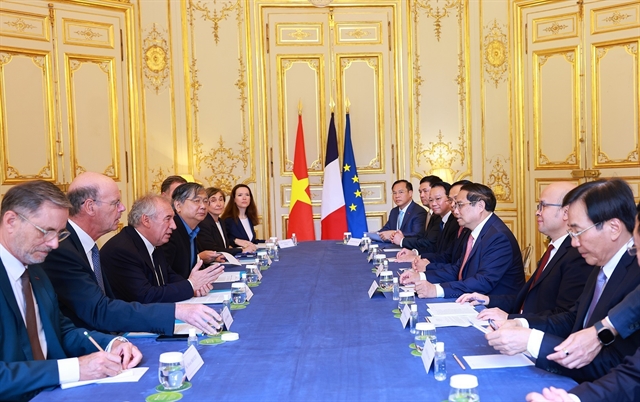

Teed Off with Robert Bicknell
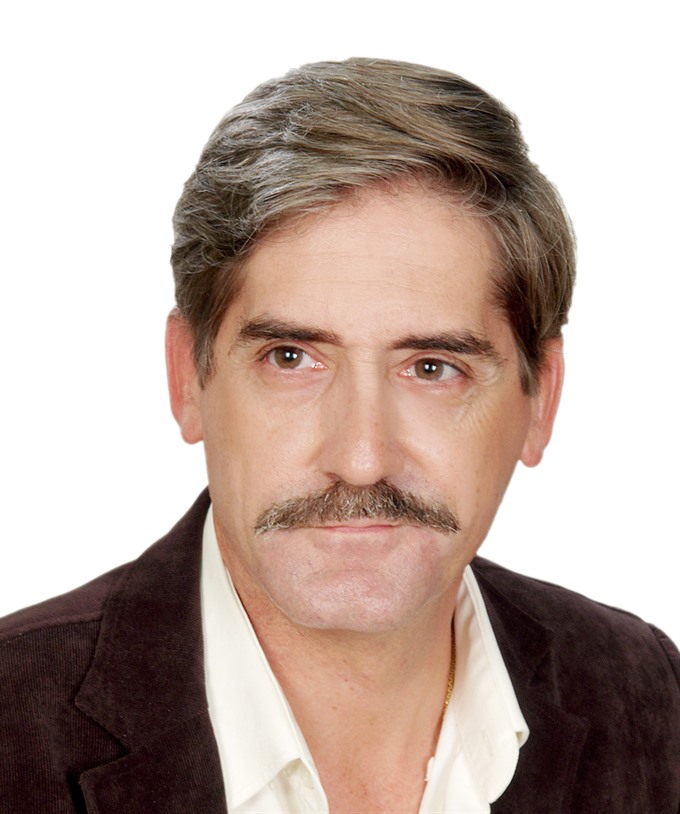
|
By Robert Bicknell
Matt Kuchar made the news recently, not because of him winning US$1.3 million Mayakoba Classic in Mexico, but rather how much he paid his caddie. Normally, a Tour caddie will receive around 10 per cent of the prize if his player wins. Otherwise, he gets a specified amount for a Top 10 finish, or in many cases simply a set amount per day.
If it was his normal caddie, the guy would have got $130,000.
Caddies often have to pay for their own transportation to and from events, and other normal expenditures, unless a deal had been previously reached with the player.
The more famous and respected the caddie, the better deal he can cut for himself.
So, now we have Matt Kuchar without a caddie for the Mexican event and he hires a local caddie David Ortiz known as “El Tucan”. He arranges a set amount for the week, and offers $4,000 for a Top 10 finish.
But the problem is, Kuchar didn’t expect to win the event, especially as he hasn’t won in four years, but win he did and he gave the caddie a paltry sum of $5,000 instead of the usual 10 per cent.
OK, granted, the caddie wasn’t Kuchar’s normal caddie, nor was he a Tour caddie. He was a poor local caddie so four grand should be enough, right?
Apparently the caddie didn’t think so, and neither did a lot of folks on the Internet who proceeded to give Matt Kuchar hell for being a cheapskate. Kuchar didn’t do himself any favours by trying to explain how a deal is a deal and the caddie should be lucky that he even got that much as the deal was only for $4,000.
Now, to Kuchar’s credit, he did admit he was wrong, called himself “stubborn and hard-headed” and agreed to give the caddie what he asked for - $50,000, but it did start an ongoing argument on Facebook, especially here in Việt Nam.
Now, before I get into that, understand that Tour caddies are a bit different than the caddies you get here in Việt Nam. Er, make that “a lot different”.
First of all, most Tour caddies are single-handicap players themselves. They know their player and the course inside and out. They make yardage books of each course they play and know exactly what the best play on each shot would be. They can also read greens better than many professionals.
Granted, there are some stellar caddies here in Việt Nam, especially those who have the luck of caddying for the same player a few times per week on the course they know like the back of their hand. There are a few who can read greens amazingly well.
But they are the exception rather than the rule.
So, as you can imagine, a few people on Facebook Vietnam took exception to the caddie demanding more money from Kuchar. They felt he was being greedy, but I don’t agree.
Look, even when I played with friends here for money, if I won money that day, I made sure the caddie got a percentage of the winnings on top of the usual tip. I figure the caddie earned it by helping me play better that day.
Granted, it didn’t happen that often.
There are some players in Việt Nam who are known to be very big gamblers on the course and, as you might expect, they take good care of their caddie in regards to tips, etc. They’re not stupid. They know if they upset the caddie, he/she might misread a few putts next time.
Money buys loyalty.
In the case of Kuchar and Ortiz, as I mentioned, Kuchar hadn’t won an event in four years and this little local caddie helped to break that losing streak and get Kuchar back into the winner’s circle. For that alone he deserves more.
Kuchar then went on to win the Sony Open in Hawaii a few months later.
There are times when you have to just tear up an agreement and do what’s right, especially if someone went over and above what is necessary.
Greed might have a purpose, but it’s seldom a good one. Ortiz wasn’t being greedy, he was being honest. It was Kuchar who was wrong.
But he admitted it, which is a good thing. VNS

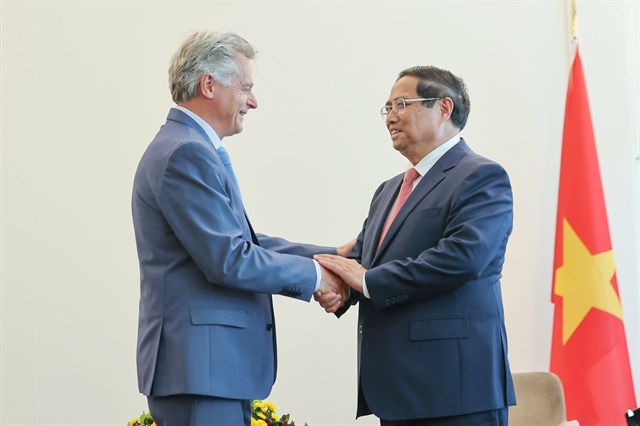
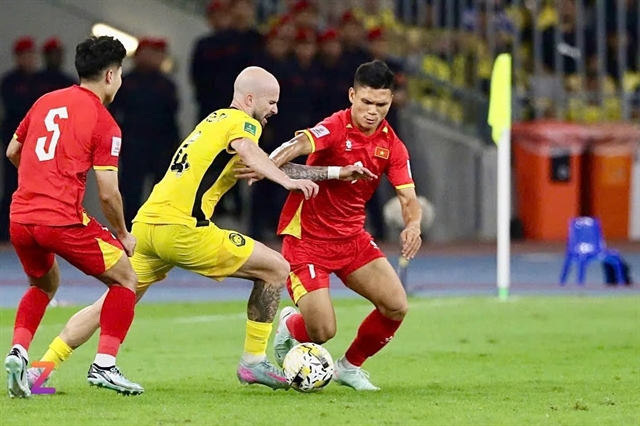


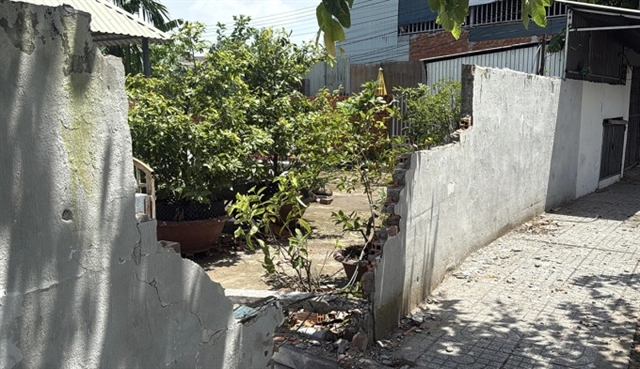
.jpg)

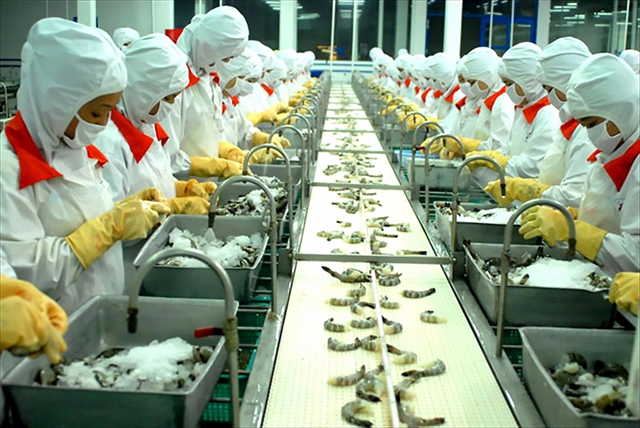
.jpeg)